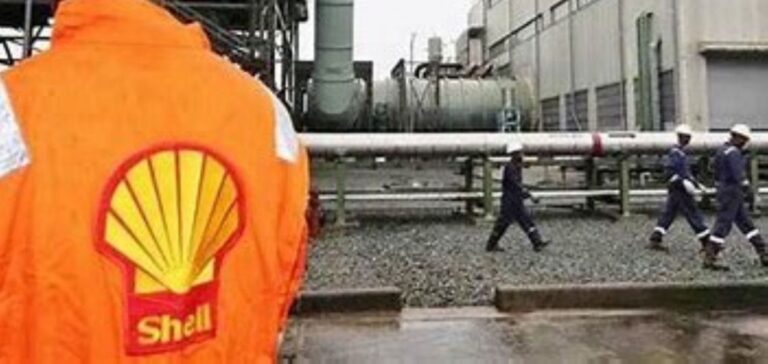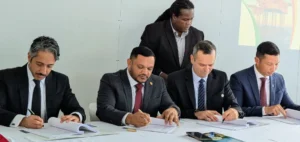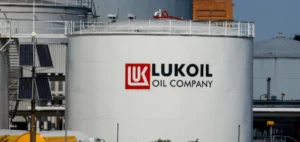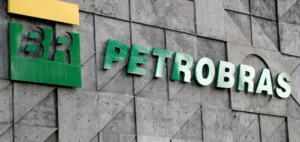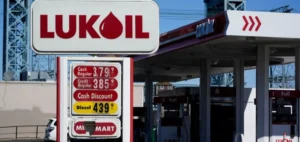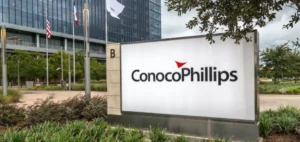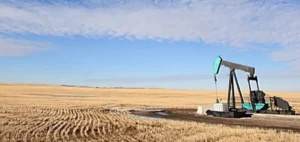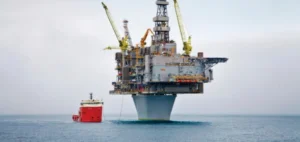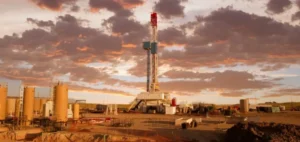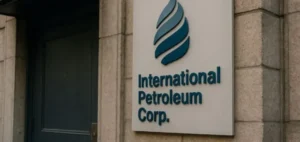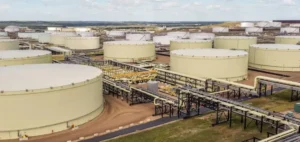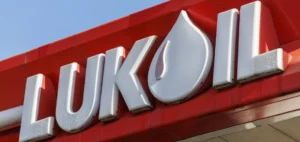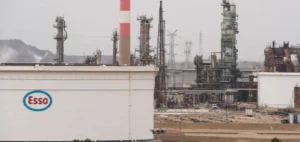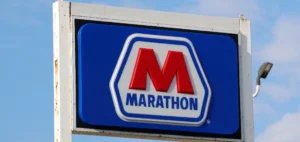A legal dispute between Anglo-Dutch group Shell and a traditional ruler from southern Nigeria may delay the divestment of its onshore oil assets in the Niger Delta. King Bubaraye Dakolo, monarch of the Ekpetiama Kingdom in Bayelsa State, is demanding $2 billion in compensation and calling for a full cleanup of the areas polluted by the group’s operations.
The legal action comes as Shell gradually withdraws from its onshore installations in Nigeria after several decades of oil production. The transfer of its assets to a local consortium named Renaissance is now being challenged in court. King Dakolo is seeking to suspend the transaction until a binding agreement is reached on financing environmental remediation, dismantling obsolete infrastructure, and compensating local communities.
Damage estimated at $12 billion
A four-year investigation led by the Bayelsa State Oil and Environmental Commission, in collaboration with international experts, estimated the cost of restoring affected sites at $12 billion. Oil companies, including Shell, generally attribute most oil spills to sabotage or theft, but local communities point to longstanding negligence.
King Dakolo claims to have physical evidence of Shell’s responsibility, collected since his childhood spent around the region’s oil infrastructure. The Ekpetiama Kingdom, home to 1.5 million people, is located in the heart of Nigeria’s most historically exploited crude oil extraction zone.
Legal proceedings and new investment strategy
A preliminary hearing is scheduled this week, during which Shell is expected to raise procedural objections, according to the king’s lawyers. The immediate aim is to temporarily block the asset transfer to Renaissance until a formal commitment on cleanup efforts is secured.
Despite the ongoing dispute, Shell continues to redeploy its operations in Nigeria. The group recently announced a $2 billion investment in a new offshore gas project, confirming its focus on offshore activities over more exposed onshore operations, which face community tensions and security incidents.
Growing pressure on exiting companies
The case brought by King Dakolo adds to a series of similar actions launched by Niger Delta communities against international oil firms. These legal efforts seek to prevent companies from exiting without ensuring proper environmental management of abandoned sites. Shell has stated that the case is now being handled by the Renaissance consortium, without further comment.
Nigeria, Africa’s leading crude oil producer, is aiming to attract fresh foreign investment into its energy sector. The government is backing a restructuring of the local oil market, facilitating takeovers of assets by domestic groups. However, legal tensions over pollution cleanup could affect investor perception of the country’s regulatory and judicial climate.


